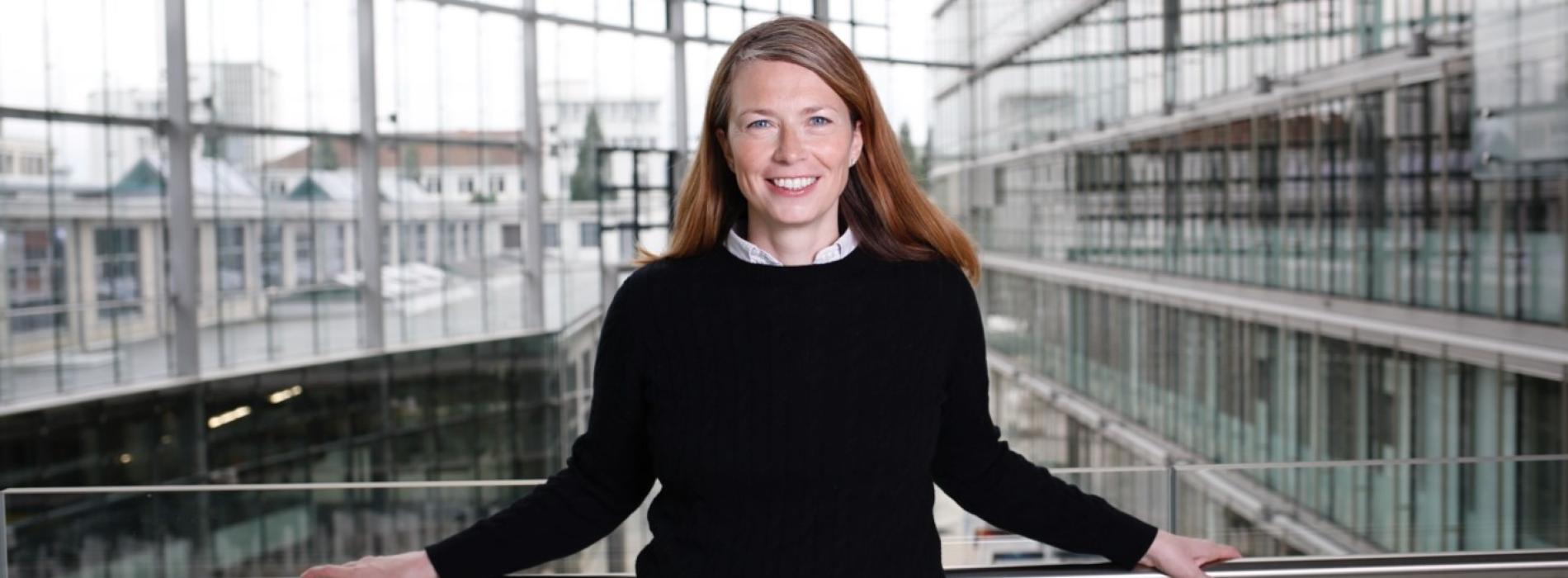
 News
News
Lucie Bréchet receives the Career Development Award from the Dementia Research - Synapsis Foundation Switzerland
Lucie Bréchet, a University Lecturer at the Department of Clinical Neurosciences at the Faculty of Medicine, UNIGE, received the 2nd phase of the Career Development Award from the Dementia Research—Synapsis Foundation Switzerland. This 2-year follow-up grant will enable her to examine further the effects of noninvasive brain stimulation on memory in Alzheimer’s disease patients.
Lucie Bréchet is a cognitive neuroscientist who is particularly interested in memory research. She obtained her PhD from the Swiss Federal Institute of Technology (EPFL), where she worked at the Center for Neuroprosthetics (CNP, current NeuroX) and the Center for Biomedical Imaging (CIBM). She obtained the SNSF Early Post-Doc Grant in 2019 and conducted her post-doctoral research at the Harvard Medical School, Department of Neurology, until 2021, when she received the 2-year 1st phase of the Early Career Development Award from the Synapsis Foundation, Dementia Research Switzerland. Thanks to the Synapsis grant, she returned to Switzerland and continued her memory research at the Department of Fundamental Neurosciences, Faculty of Medicine, UNIGE. In 2023, Lucie Bréchet received the SNSF Ambizione Fellowship and is leading a Swiss Clinical Trial with a medical device approved by Swissethics and Swissmedic. She actively supervises students and will start teaching a new MSc course, “Neuroimaging in Psychiatric Disorders,” in the Spring Semester. She serves on a scientific committee of the Swiss Dementia Forum, organized by the Swiss Network for Dementia Research, and is a scientific advisor to Swiss-based med-tech start-up Bottneuro, AG.
Preclinical animal studies from MIT have shown that modulating brain oscillations through electrical stimulation can enhance microglia-mediated clearance of abnormal protein deposits (amyloid and tau), prevent progressive neurodegeneration, and lead to behavioral improvements. In humans, modulation of brain oscillations can be achieved with transcranial alternating current stimulation (tACS), a non-invasive technique that modulates neural activity by applying small electrical currents to the scalp at specific frequencies. Recent studies, including the work of Lucie Bréchet, have demonstrated that tACS is safe and may alter mechanisms of plasticity and memory functions. Non-invasive brain stimulation is, therefore, increasingly emerging as a possible therapeutic approach to prevent the onset of dementia by enhancing the brain’s intrinsic rhythms associated with memory processing. Lucie Bréchet’s project aims to examine therapeutic, long-term, and remotely supervised home-based tACS effects on the memory of AD patients.